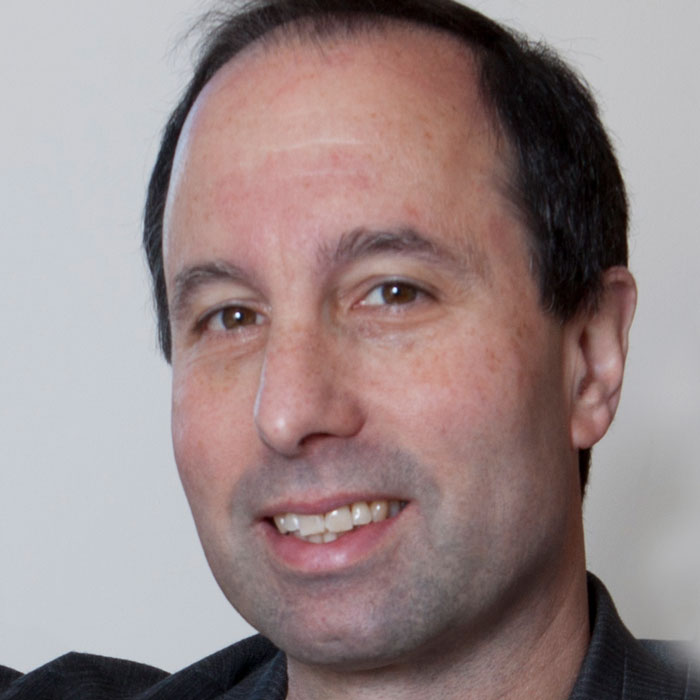What/when were you at Brown?
Undergraduate, Medical school. 1977-1982, 1985-1988
What do you do now? Provide a brief description of what you do for a living and what drives you professionally.
I am a Professor of Neuroscience at the Mortimer Zuckerman Mind Brain Behavior Institute, the Kavli Institute and the Department of Neuroscience, Columbia University, and I am an Investigator of the Howard Hughes Medical Institute. I am also trained as a neurologist. I was clinically active until five years ago, when I left my position at the University of Washington for Columbia. My research focuses on the neural mechanisms that underlie decision making. I view the latter as a model for understanding principles of higher cognitive function in general. The research is fundamental basic science—how the brain works—but it is directed at neurological and psychiatric issue. Put simply, I'm trying to understand what is it about the function of the normal brain that makes us NOT confused. I expect these insights to shape remedies for treating a variety of disorders that impair thought processes in the not too distant future.
How did your experience at Brown (in the lab, in the classroom, and in the Brown community) prepare you for what you do today?
I took the first neuroscience courses offered at Brown, from Mitch Glickstein, Ford Ebner, Jim MacIlwain and Chuck Lent. I also took interesting University and Modes of Thought classes in philosophy and psychology. The freshman seminar taught by Jim Poulton (emotions through the eye of philosophy), the Buber course taught by George Morgan and some seminar on Merleau-Ponty set in motion interests and ideas at the intersection of the humanities and science, especially neuroscience. These interests and even some of the ideas continue to influence my research today. I also studied medicine and was granted a leave of absence after year 2 to pursue a PhD (at UC Berkeley). After returning from Berkeley, Dan Kersten, Jim Anderson, Jim MacIlwain, Jerry Daniels and Leon Cooper continued to support my scientific development. Jim Anderson and Dan were especially generous with equipment, and Jim MacIlwain was a fountain of wisdom and inspiration. The intellectual atmosphere at Brown was electric. I learned about academic issues in areas I did not study formally because other students were turned on, shared, tutored and discussed these concepts. I was also awoken politically, through the divestiture movement, anti-nuclear issues (thanks to Dean Greer), and racial identity issues that anticipated Black Lives Matter.
